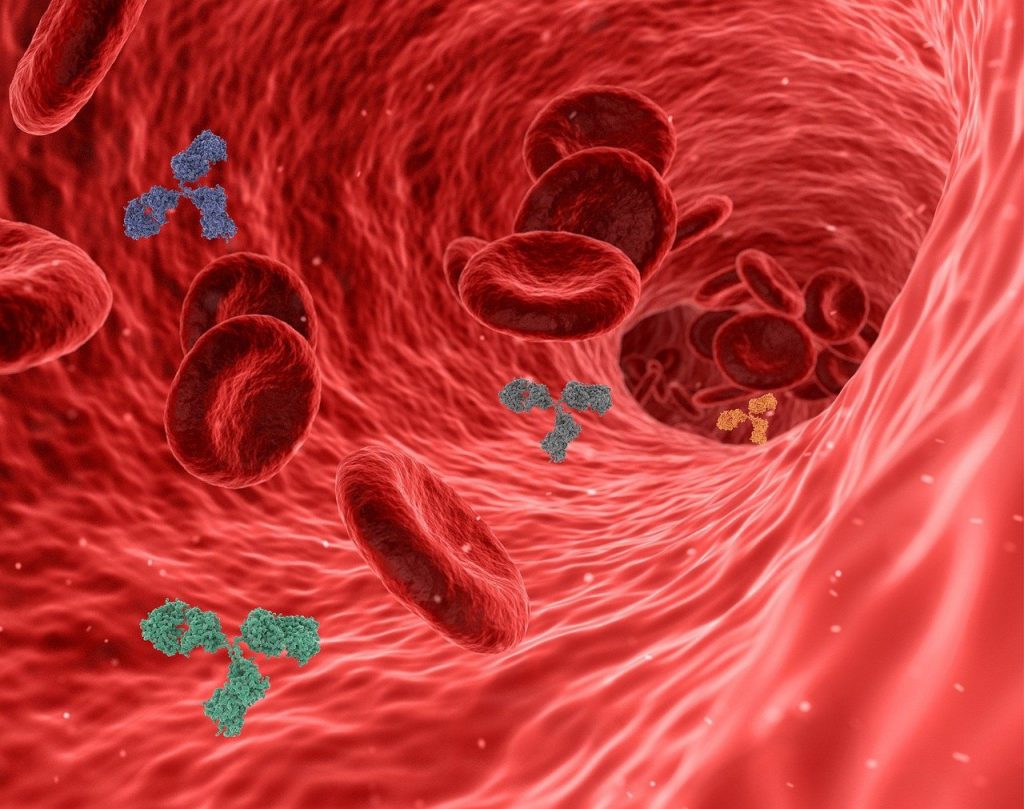Vitamin D and Immunity in Children
The last couple of decades have seen an explosion in our interest and understanding of the role of vitamin D in the regulation of immunity. The molecular data infer that vitamin D signaling should boost innate immunity against pathogens of bacterial or viral origin. Vitamin D signaling also suppresses inflammatory immune responses that underlie autoimmunity and regulate allergic responses. These findings have been bolstered by clinical studies linking vitamin D deficiency to increased rates of infections, autoimmunity, and allergies. Vitamin D is obtained from several sources: The diet, supplements, or seasonal exposure of skin to adequate solar ultraviolet irradiation via photochemical and thermal conversion of the cholesterol precursor 7-dehydrocholesterol. However, many diets are quite poor in vitamin D, and in populous temperate regions, notably in northern Europe and Scandinavia, vitamin D winter, the period where cutaneous vitamin D synthesis cannot occur, is substantially longer than 6 months of the year. Thus, in epidemiological studies, residence at higher latitudes and lower sun exposure have become proxies for risk of a poor vitamin D status. In addition, sun avoidance and conservative dress in more southern regions leads to vitamin D deficiency in several populations worldwide . The risk of vitamin D deficiency occurs at all stages of life, including during pregnancy, in infants and children, as well as in adults. In infants, it can be exacerbated by sun avoidance habits that are usually recommended for very young children, limited body stores, the risk of poor vitamin D content of human milk in exclusively breastfed infants, and a lack of knowledge regarding systematic vitamin D supplementation in some cultures. Vitamin D is best known for its role as a key regulator of calcium homeostasis and bone health in both children and adults . However, it has been the subject of increasing interest in both the scientific literature and the popular press over the last couple of decades, largely because of its “non-classical” actions in tissues unrelated to calcium homeostasis, particularly in the regulation of several aspects of immune system function. Scientists detailed the clinical evidence for links between vitamin D deficiency and immune system dysfunction in infants and children, with an emphasis on intervention trials, where available. Associations between deficiency and rates of infection; autoimmune conditions, such as type 1 diabetes (T1D) and multiple sclerosis (MS); and allergic conditions, including asthma, will be surveyed. They will also analyze the potential links between vitamin D deficiency and pediatric inflammatory bowel disease and dental caries, both of which are linked to immune system function. Based on the studies, there is a compelling need for further clinical analysis of the potential benefit of vitamin D supplementation in pediatric populations at risk for several immune-related disorders. In the conclusions of this study, Vitamin D deficiency and rickets in several populations remains an under-recognized clinical problem, and its significance extends beyond skeletal health to non-classical actions of vitamin D, including a range of immune-related diseases. There is solid evidence that vitamin D supplementation can reduce the rates of infections in pediatric populations. There is also growing evidence for a beneficial role of supplementation in preventing autoimmune disorders, and there is promising data linking vitamin D deficiency to increased rates of childhood asthma and other allergic conditions. The use of vitamin D in the primary prevention of asthma needs to be supported by trials including the supplementation of mothers throughout pregnancy and of their children postnatally. With regard to the potential of vitamin D in improving asthma and other allergic conditions’ management, there remains a need for large-scale RCTs to confirm many of these findings. Sourse: article published in ncbi on Apr 27, 2020 byGeneviève Mailhot1,2,* and John H. White3,4,*
Vitamin D and Immunity in Children Read More »




